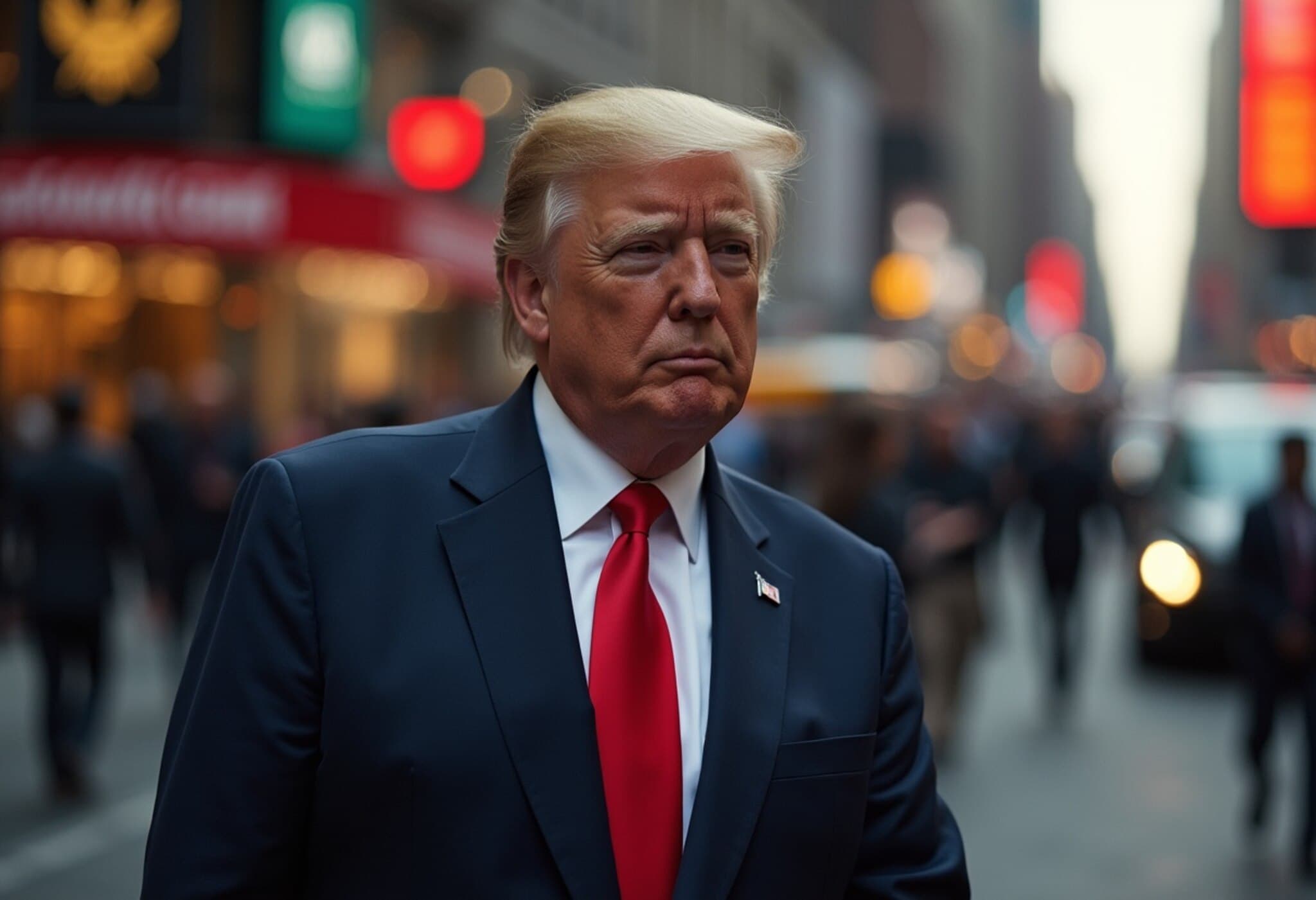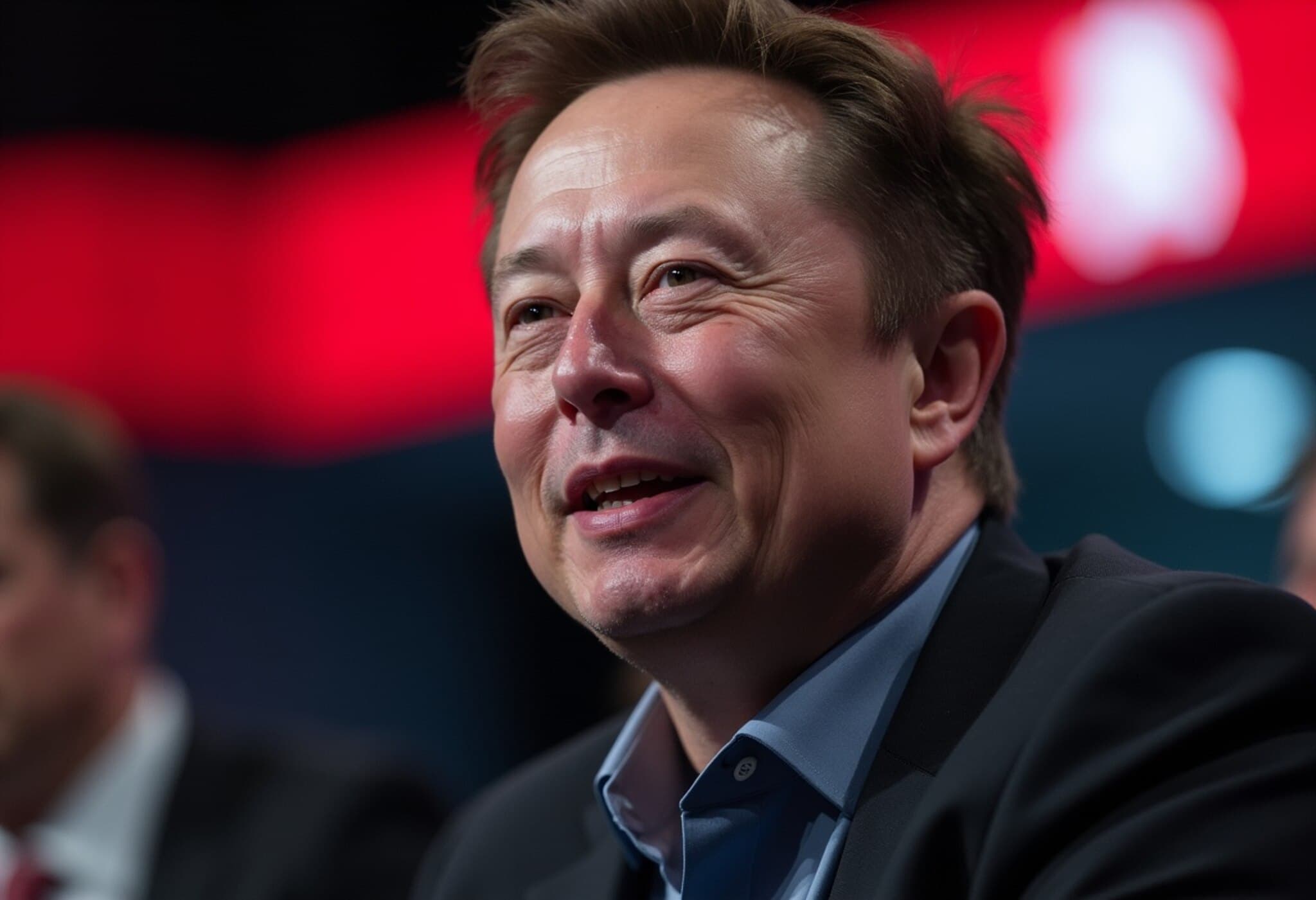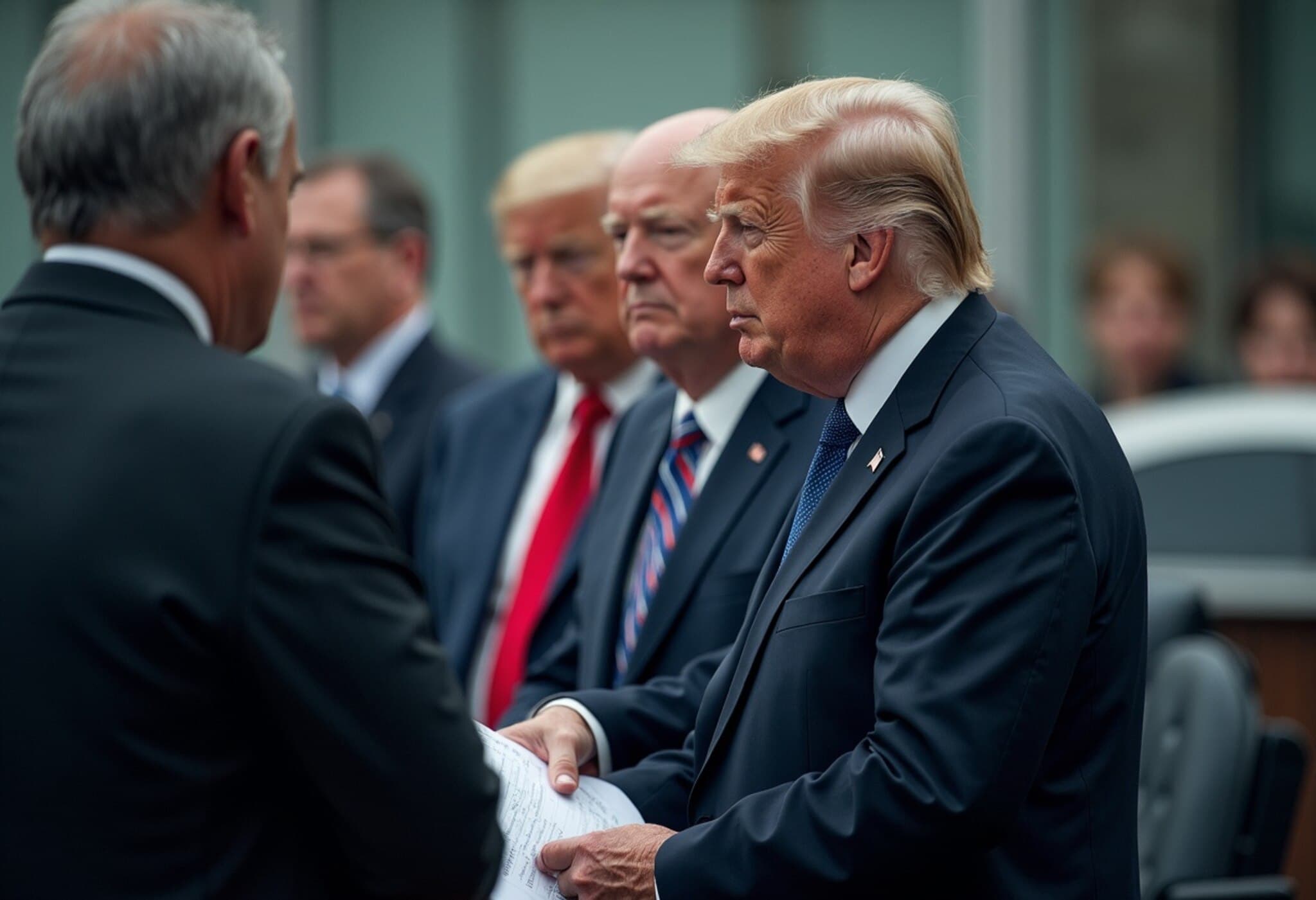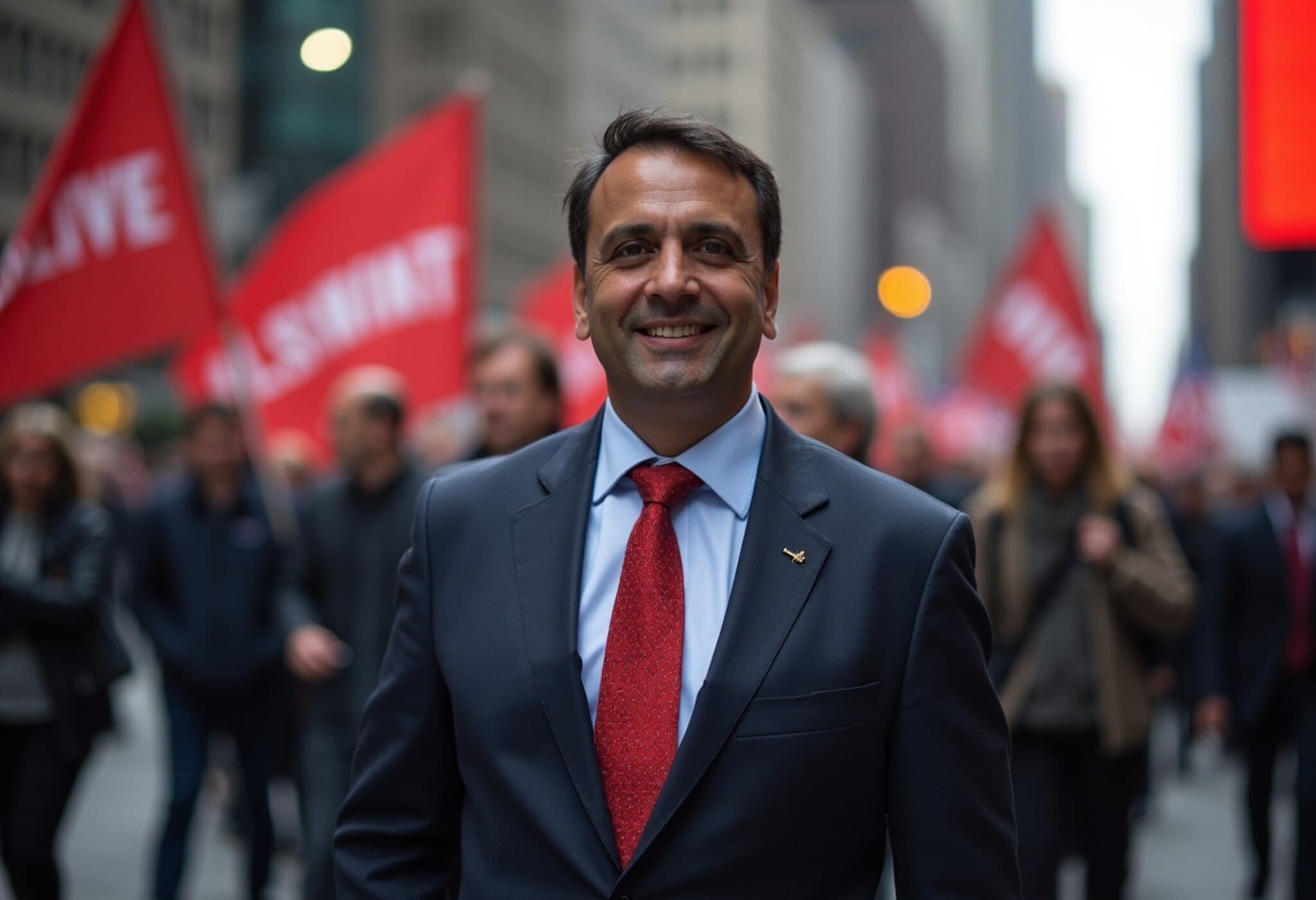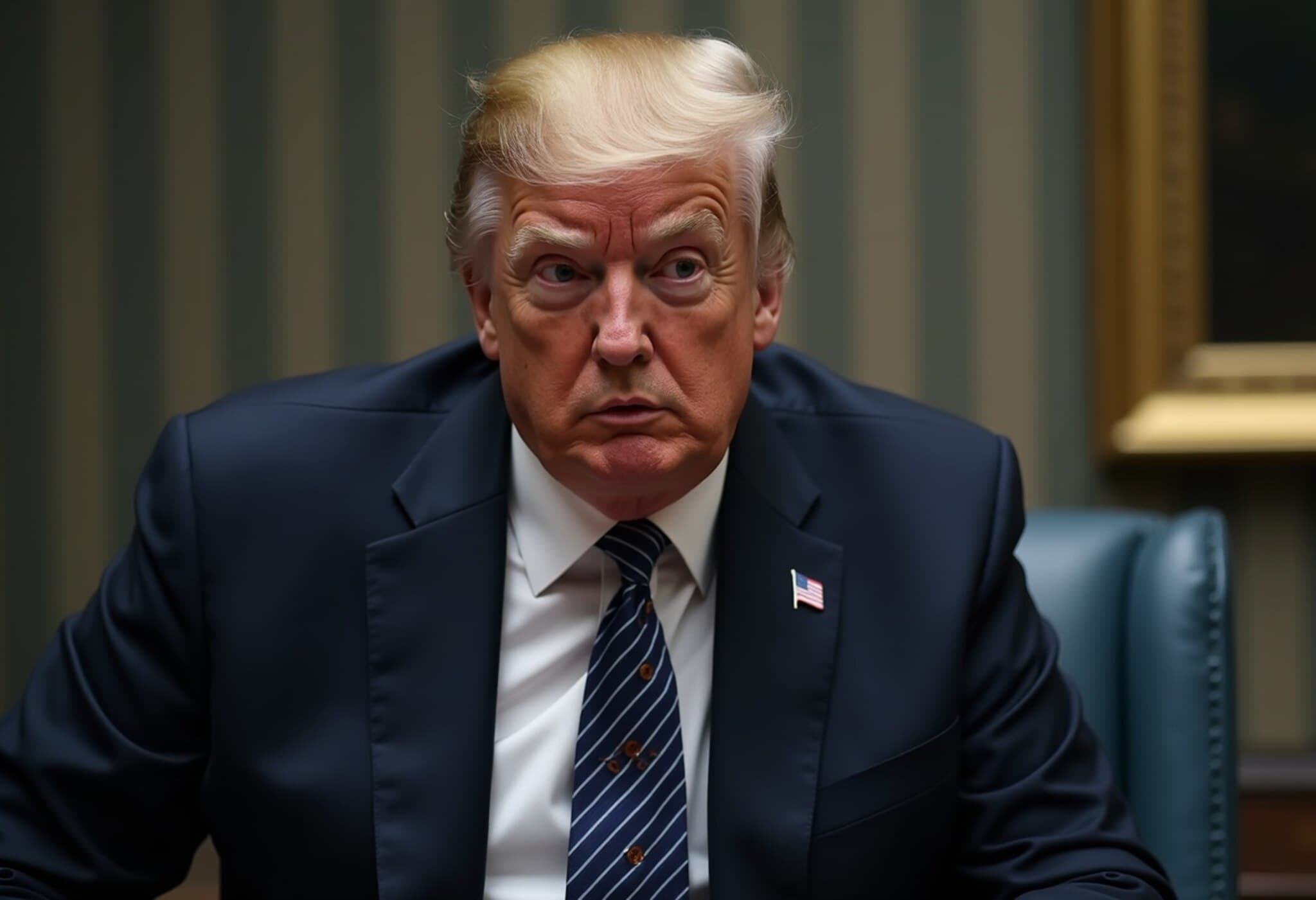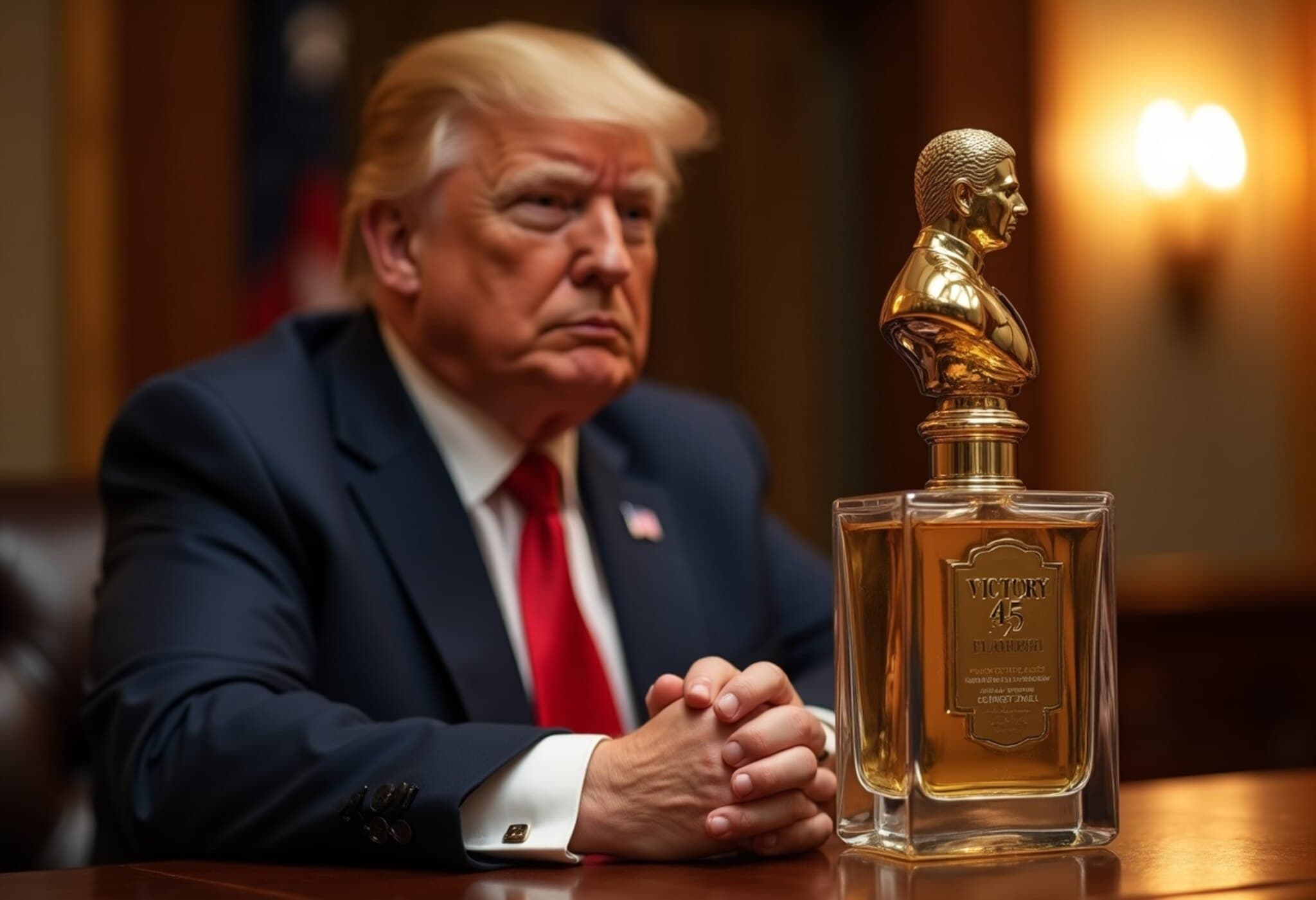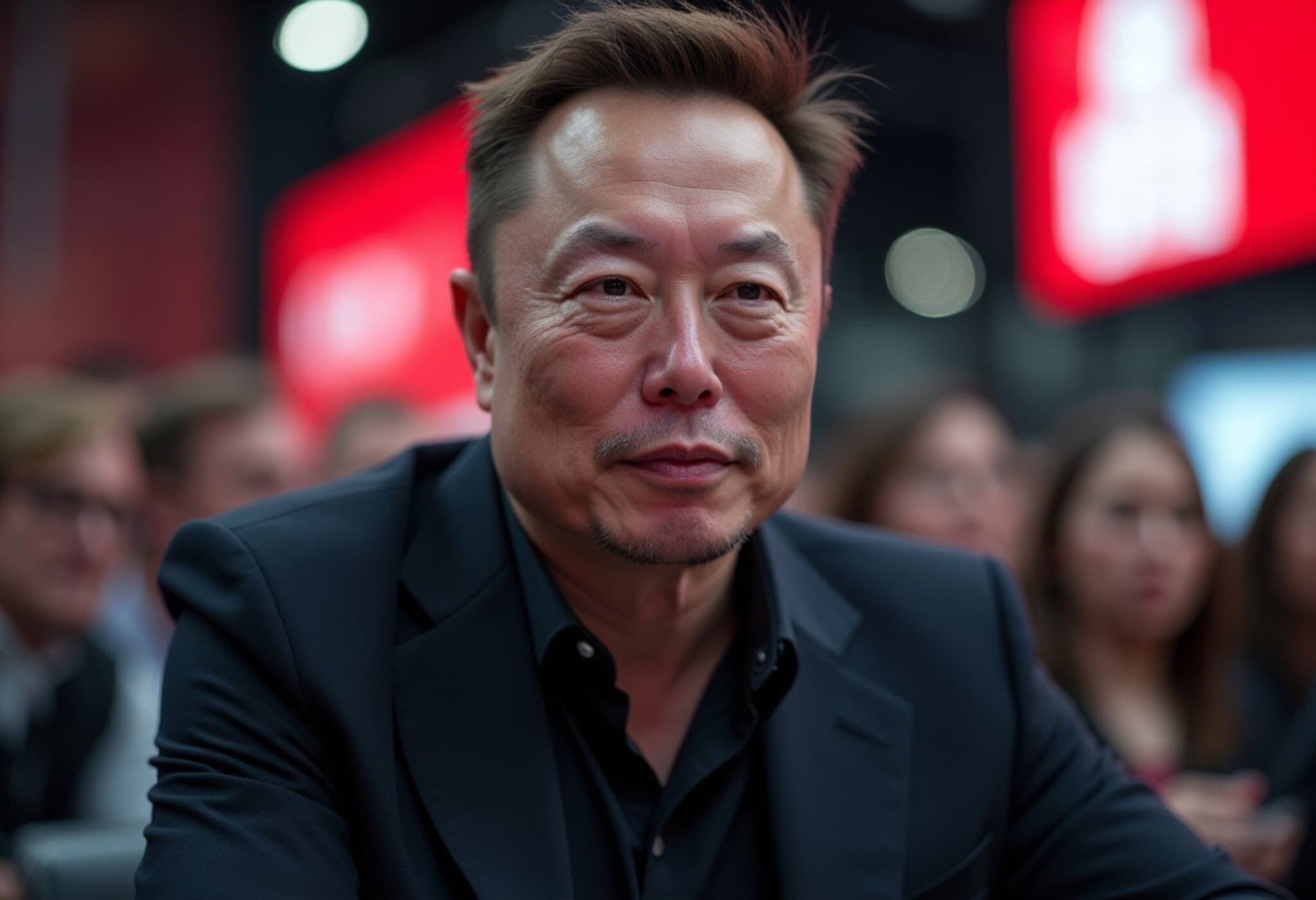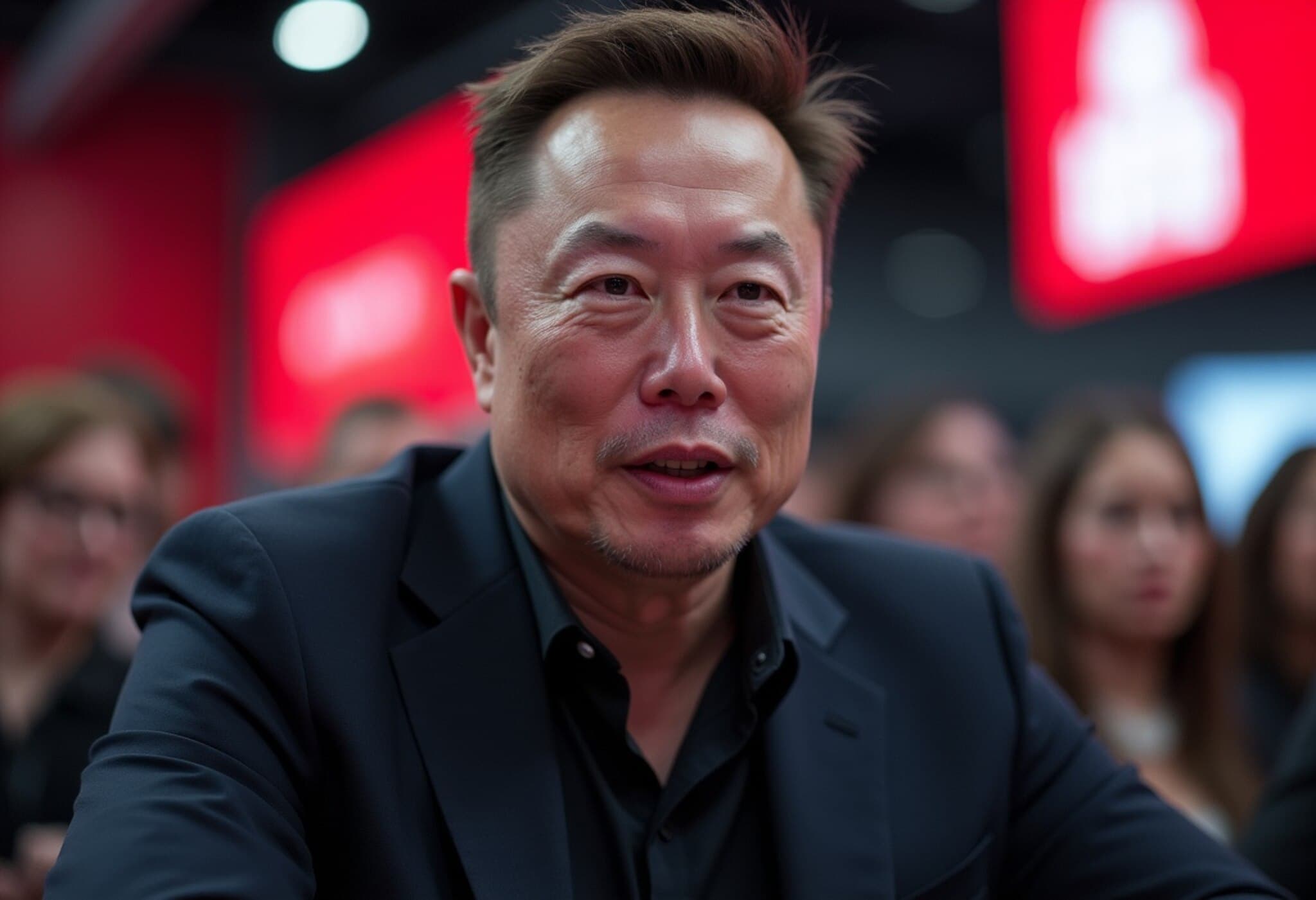GrabAGun’s Rocky Market Debut Amid Political Backing
Shares of GrabAGun, an online firearms retailer, fell by over 20% on their very first day of trading on the New York Stock Exchange (NYSE). The company's public debut followed a high-profile merger with Colombier Acquisition Corp. II, a special purpose acquisition company (SPAC) led by prominent Republican donor Omeed Malik.
Donald Trump Jr. Rings the NYSE Opening Bell
Adding to the spectacle, Donald Trump Jr.—eldest son of former President Donald Trump and a GrabAGun board member—was on hand to ring the NYSE's opening bell, accompanied by chants of "USA!" from the trading floor. Trump Jr. is also a shareholder and advisor to the company, owning roughly 1% of GrabAGun’s stock, or an estimated 300,000 shares according to a June filing.
Prior to the launch, Trump Jr. declared on Fox Business that taking a gun retailer public in New York felt like a victory over the “woke nonsense” he claims has challenged conservative values for the last decade. "It's an ultimate triumphant return," he said, connecting the company's market entry to a broader cultural and political narrative.
Behind the Scenes: The SPAC Merger and Political Connections
The merger between GrabAGun and Colombier Acquisition Corp. II closed after shareholder approval, allowing the company to raise approximately $179 million in gross proceeds. Colombier’s CEO Omeed Malik, who also presides over 1789 Capital and holds sizable influence as a Republican megadonor, played a pivotal role in this transaction. Notably, Trump Jr. is a partner at 1789 Capital.
This listing reflects a growing trend of political figures and their allies leveraging SPACs to bring companies tied to conservative causes—or ideologies that resonate with the former president’s base—to the public markets. It's a landscape where politics, finance, and culture increasingly intersect.
SPACs and Conservative Enterprise: More Than Just GrabAGun
GrabAGun is not an isolated case. The Trump family’s embrace of SPACs is evident in ventures like Trump Media & Technology Group, the entity behind Truth Social. The social platform went public last year via a SPAC deal, capitalizing heavily on President Trump's political brand and currently trades on Nasdaq under the ticker DJT.
Beyond social media, the Trump business empire continues fields such as telecommunications, with recent announcements about a mobile phone service. These moves suggest a concerted strategy blending business interests with political loyalty and cultural messaging, targeting a specific voter and consumer demographic.
Market Realities and Investor Sentiment
Despite the buzz and backing, GrabAGun’s immediate stock price drop indicates skepticism among investors. This sharp initial decline highlights the challenges companies tied closely to political figures face in sustaining investor confidence, especially in sectors as charged as firearm sales amid ongoing national debates over gun control.
Moreover, SPAC deals overall have seen heightened scrutiny and mixed performance since the initial boom. The combination of political branding and market fundamentals will be crucial to GrabAGun’s long-term trajectory.
Conclusion: A Symbolic Rise Shadowed by Market Volatility
GrabAGun’s entrance onto the public stock market stage is emblematic of broader societal divides, where business ventures intertwine with partisan identity. Donald Trump Jr.’s high-profile role brings attention and symbolism, but the stock’s rapid price dip serves as a reminder that market success demands more than political swagger.
What to Watch Next
- How GrabAGun navigates regulatory landscapes and consumer sentiment amid a polarized gun debate.
- The performance of politically affiliated SPACs as a category, especially those aligned with conservative figures.
- Investor appetite for companies deeply intertwined with partisan causes in a potentially volatile U.S. stock market environment.
Editor’s Note
GrabAGun’s NYSE debut, backed by Donald Trump Jr. and steeped in political symbolism, invites a deeper reflection on how politics is reshaping investment landscapes. The precipitous stock drop is a cautionary tale about the limits of political capital in financial markets—a dynamic that will be increasingly relevant as more companies adopt politically charged identities. For investors and observers, the key question remains: Can such firms translate cultural momentum into sustainable business success, or will politics remain a double-edged sword?

